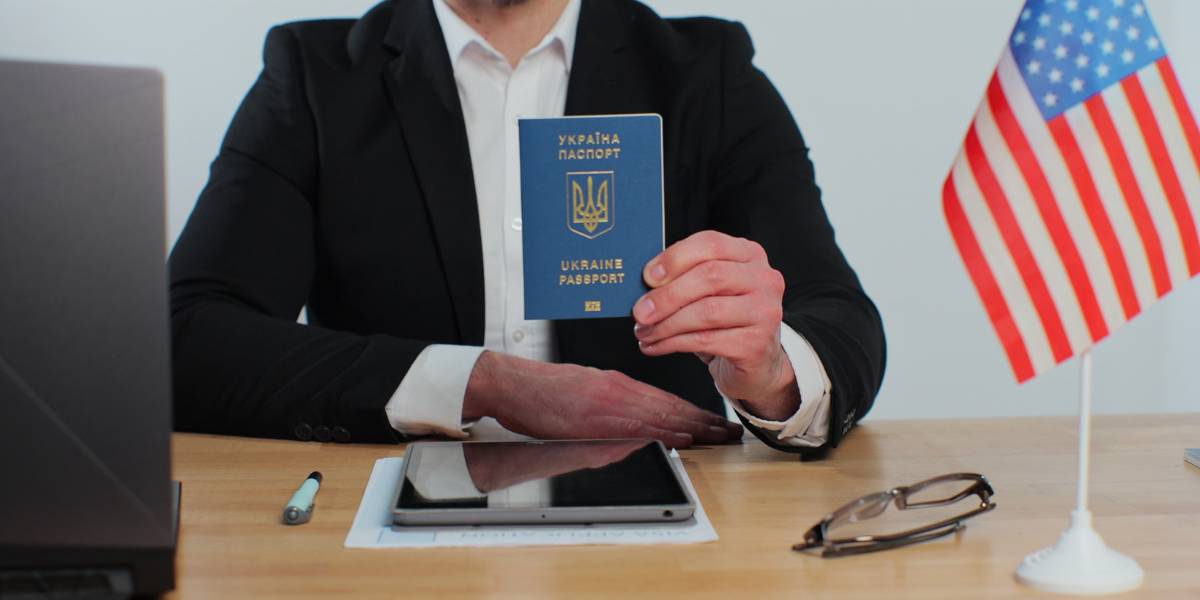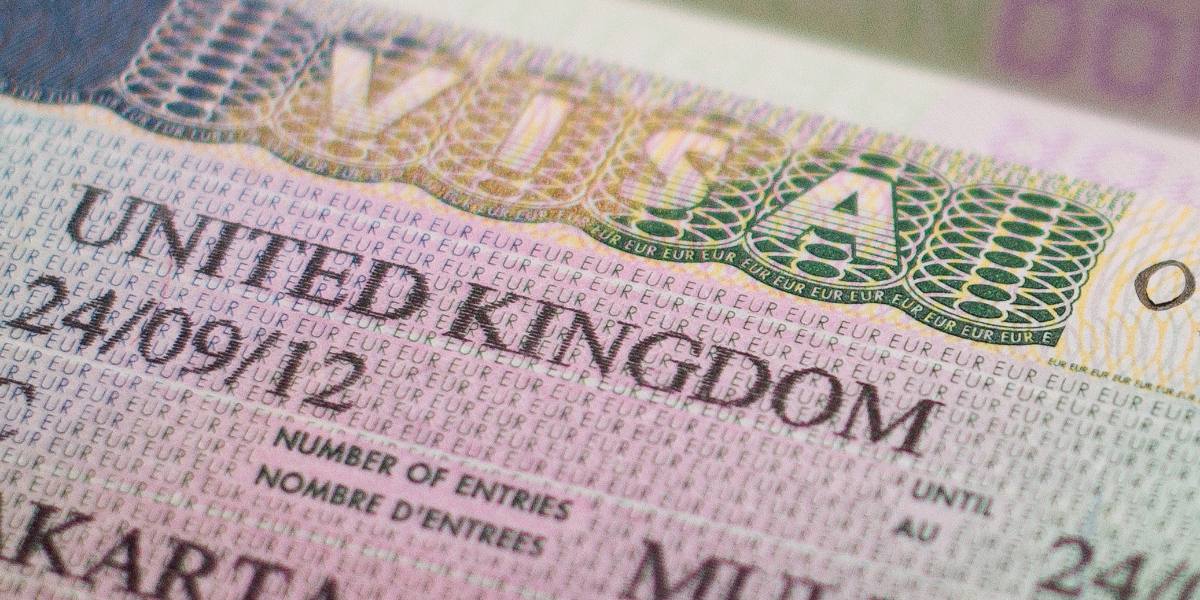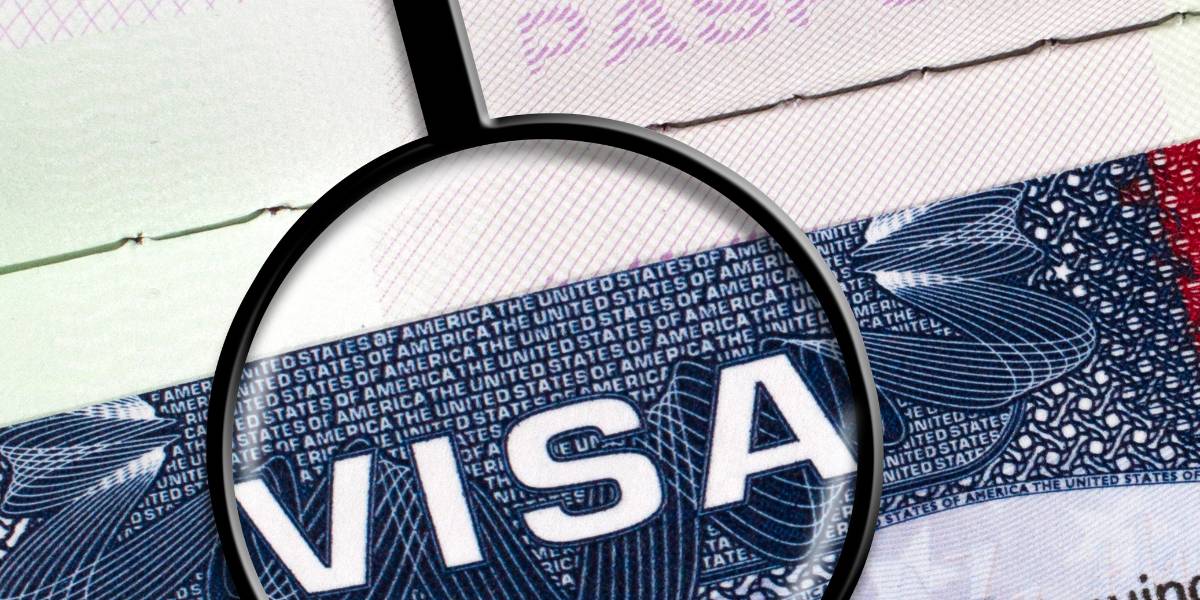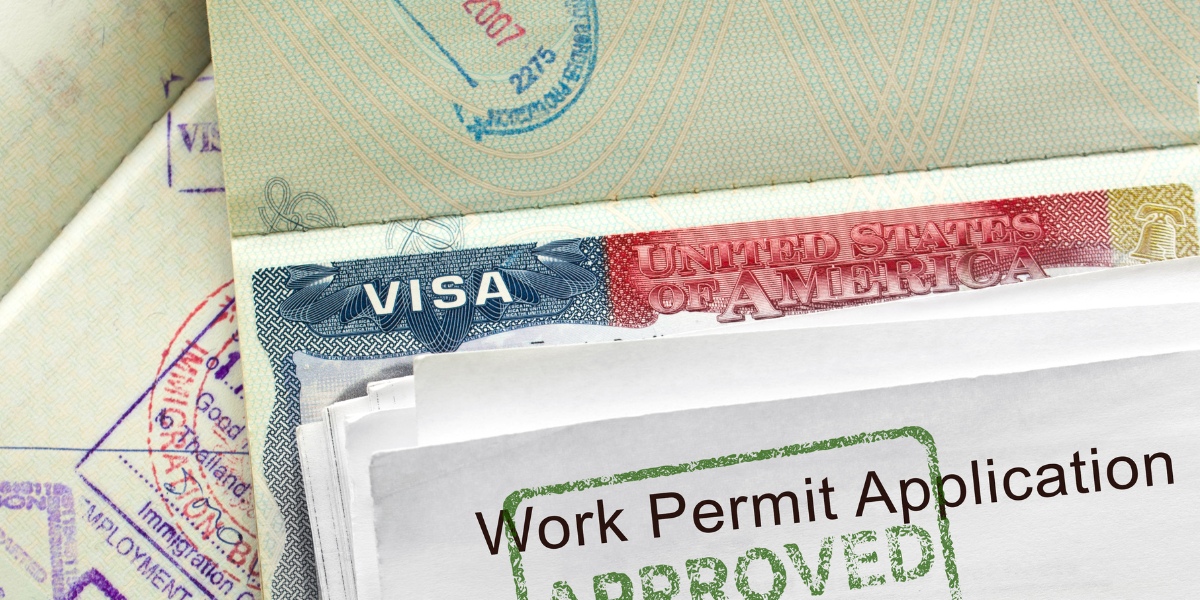Pursuing a law degree abroad can open up a world of opportunities in terms of academic excellence and gaining valuable work experience in a global legal environment. For many international students, the ability to stay and work after completing their studies is a crucial factor in deciding where to pursue an LL.M. or other legal studies. This article explores post study work permits in various popular study destinations for law graduates, providing insights into how these permits work and what you need to know to maximize your career prospects.
Why Post Study Work Permits Matter
Post study work permits allow international students to stay in the host country and gain work experience after completing their degree. This is an invaluable opportunity for law graduates to gain practical experience, build a professional network, and understand the legal environment of the country they studied in. This experience can enhance one’s career prospects, whether they stay in the host country, return home, or work in another jurisdiction.
Post Study Work Permits in Top Study Destinations

1. United States
In the US, international students who have completed a law degree may apply for Optional Practical Training (OPT). The students have to apply for an F1 Visa that allows the student to stay in the nation while studying and offers Optional Practical Training (OPT) after graduation.
Students with OPT can work in their chosen field of study for up to a year or up to three years if they have a STEM (Science, Technology, Engineering, and Mathematics) degree. Law graduates typically apply for OPT in their final semester.
- Duration: Up to 12 months (no STEM extension for law)
- Eligibility: Must have been enrolled in a full-time program for at least one academic year.
- Process: Apply for OPT through the United States Citizenship and Immigration Services (USCIS), usually before completing the program.

2. United Kingdom
The UK offers a Graduate Route visa, allowing international students to stay and work for two years after completing their law degree. This visa is available to graduates from any discipline, including law.
- Duration: 2 years (3 years for Ph.D. graduates)
- Eligibility: Must have completed a degree from a recognized UK higher education institution.
- Process: Students can apply within six months of completing the degree
- Also Read: The Legal System of United Kingdom

3. Canada
Canada offers the Post Graduation Work Permit (PGWP) for international students. This permit allows graduates to work in Canada for a period equivalent to their study program, with a maximum of three years.
- Duration: 1 year to 3 years (depending on the length of the study program)
- Eligibility: Must have completed a full-time program of at least eight months at a designated learning institution (DLI).
- Process: Apply within 180 days of receiving the final marks.
4. Germany
Germany provides an 18 month Residence Permit to international graduates. This allows them to find work relevant to their qualifications. Graduates can convert this into a work visa once they secure a job.
- Duration: 18 months
- Eligibility: Must have completed a recognized degree in Germany.
- Process: Apply for the permit at the local foreign nationals’ registration office.
5. Singapore
Singapore does not offer a specific post study work visa for international students. However, graduates can apply for a one year Long Term Visit Pass (LTVP) to look for a job. If employed, they must transition to an Employment Pass.
- Duration: 1 year (Long Term Visit Pass)
- Eligibility: Must have graduated from a recognized institution in Singapore.
- Process: Apply for the LTVP through the Immigration & Checkpoints Authority.

6. France
Post study visas are issued to students who have just obtained a Master’s degree in France and wish to stay on to look for a job or set up their own business.
One can apply for the post study visa if one holds a Master’s or higher degree obtained in France. This visa entitles the holder to a long stay visa for one year, renewable once, for two years.
- Duration: 2 years (renewable once after 12 months)
- Eligibility: Must have completed a Master’s degree or higher.
- Process: Apply for the APS at the local prefecture.
7. Australia
Australia offers a Temporary Graduate visa (subclass 485) for international graduates, including law students. This allows graduates to work, study, and live in Australia for 2-4 years, depending on the qualification level.
- Duration: 2-4 years (depending on qualification level)
- Eligibility: Must have completed a degree from a recognized Australian institution.
- Process: Apply through the Department of Home Affairs.
8. New Zealand
New Zealand provides a Post study Work Visa, which allows international graduates to work for up to three years. This visa also provides a pathway to permanent residency.
- Duration: 1-3 years (depends on the qualification and the region of study)
- Eligibility: Must have completed a degree from a recognized New Zealand institution.
- Process: Apply online through Immigration New Zealand.
9. Europe (General)
European Union (EU) countries vary in their post study work permit policies. Generally, non EU students can apply for a job seeking visa, allowing them to stay for 6-18 months. Countries like the Netherlands, Sweden, and Finland are known for offering favorable conditions for graduates to stay and work.
- Duration: 6-18 months (varies by country)
- Eligibility: Must have completed a degree from a recognized institution within the EU.
- Process: Apply through the specific country’s immigration authorities.
10. Ireland
Ireland provides a Third Level Graduate Programme, which allows international students to remain in Ireland to seek employment.
- Duration: 2 years (postgraduate students)
- Eligibility: Must have completed a degree from a recognized Irish institution.
- Process: Apply through the Irish Naturalisation and Immigration Service.
Making the Most of Post-Study Work Permits
To make the most of these opportunities, law graduates should:
- Plan Early: Research the post-study work options available in their chosen study destination before applying for universities.
- Build a Network: Engage in internships, networking events, and professional organizations during the study period.
- Tailor Job Applications: Align applications with the host country’s market needs and the specific requirements of potential employers.
- Stay Informed: Keep up-to-date with immigration policies and post-study work options, as these can change frequently.
| S. No. | Country | Duration of Post-Study Work Permit |
|---|---|---|
| 1 | United States | OPT (1 year) + STEM OPT (2 years) |
| 2 | United Kingdom | 2 years |
| 3 | Canada | Upto 3 years |
| 4 | Germany | 18 months |
| 5 | Singapore | 1 year |
| 6 | France | 1 to 2 Years |
| 7 | Australia | 2 to 4 years |
| 8 | New Zealand | Up to 3 years |
| 9 | Ireland | 1 year (Bachelor’s) / 2 years (Master’s) |
| 10 | Europe (General) | 6-18 months |
Country Wise Table on Post Study Work (PSW) Permits
Conclusion
Post study work permits provide a crucial bridge between academic learning and professional practice for law graduates. By understanding the different options available in popular study destinations, students can make informed decisions and maximize their chances of success in the global legal market. Whether in the US, UK, Canada, or beyond, post-study work opportunities can be the key to unlocking a fulfilling international legal career.



